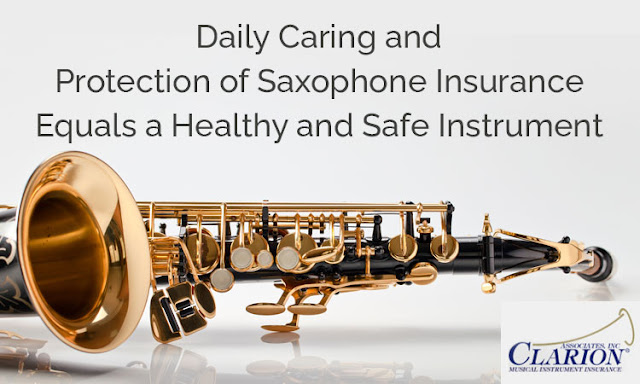Audio enthusiasts across the United States invest significant time and resources in acquiring high-quality audio equipment. Whether it's a musician's prized instrument, a producer's state-of-the-art recording studio, or a DJ's collection of mixers and turntables, audio equipment - they represent passion and livelihood for many individuals.
Considering the financial and emotional investment involved, protecting these valuable assets becomes paramount. It is where Audio Equipment Insurance plays a crucial role in safeguarding musicians, producers, and audio professionals from potential losses and ensuring uninterrupted creative pursuits.
Protecting Valuable Assets
Audio equipment can be exorbitantly expensive, with top-of-the-line speakers, microphones, recording devices, and other gear often costing thousands of dollars. For many professionals and musicians, this equipment is not just a collection of tools but a lifeline to their art and a means of earning a living. Unfortunately, accidents can happen at any point in time. Gear could be stolen during a gig, damaged due to a mishap in transportation, or be subject to vandalism. Insurance provides the necessary coverage to recover from such losses, enabling artists to get back on their feet quickly and continue their creative work.
Coverage Beyond Homeowner's or Renter's Insurance
Some musicians and audio enthusiasts may assume that their audio instrument is covered under their homeowner's or renter's insurance policy. However, this is often not the case. While such policies may offer limited coverage, they typically have significant exclusions. Most importantly, they may not adequately compensate for the true value of the equipment. Also, they may not cover losses that occur outside the home or studio. A dedicated Audio Equipment Insurance policy can be tailored to the specific needs of audio professionals, providing comprehensive coverage that extends beyond what standard plans offer.
Liability Coverage for Performances
Musicians and performers who frequently take their equipment on the road for gigs or events face additional risks. Accidents can happen during live performances, leading to damage to venues or third-party property or even injuries to audience members. A standalone insurance policy can include liability coverage, protecting artists from potential lawsuits and financial liabilities arising from such incidents.
Peace of Mind for Studio Owners
For studio owners and recording facilities, the value of the audio equipment extends beyond just their gear. They are entrusted with clients' instruments and expensive recording devices. In the unfortunate event of theft, fire, or any other damage to the studio's equipment or client belongings, having comprehensive equipment insurance ensures that the studio owner's reputation remains intact and that they can reimburse their clients for the losses incurred.
Coverage for Music Gear Rental Businesses
Audio equipment insurance is not only vital for musicians and studio owners but also for businesses that rent out audio gear. Rental businesses invest substantial capital in building an inventory of equipment that customers rely on for their events and performances. In such cases, insurance becomes a safeguard against potential damage, theft, or loss, helping rental companies continue to serve their clients with minimal disruptions.
Mitigating Business Downtime
For professional musicians and audio engineers, unexpected equipment loss or damage can result in significant downtime, leading to canceled gigs, missed recording sessions, and lost income. Musical equipment insurance can provide coverage for rental equipment, temporary studio space, or replacement gear, ensuring that business disruptions are minimized and creative endeavors can continue with as little interruption as possible.
Conclusion
Equipment insurance is of paramount importance for musicians, producers, recording studios, and audio professionals in the United States. Beyond protecting valuable assets, it offers peace of mind, ensures business continuity, and helps artists and businesses recover from losses efficiently. Given the unpredictable nature of accidents and unforeseen events, investing in comprehensive equipment insurance is a wise decision that allows audio enthusiasts to focus on what they do best - creating great music and sharing it with the world sans any boundaries. So, if you own any musical instrument or device, make sure to cover it before an issue strikes.




